Pronounced at ‘cok-sid-E-ow-sis’, also known as Cocci (‘cok-see’).
Coccidiosis comes from protozoa that occurs naturally within the chick’s intestines, multiplies too quickly. Protozoa are basically harmless little creatures in the gut, but if the balance is thrown out, some can cause serious illness. Those protozoa that cause the harm are called Coccidia.
This condition is not transferrable to humans from birds.
HOW IS IT TRANSMITTED?
Ground fed birds are likely to be exposed to coccidia throughout their lives. If their immune system is well supported, diet balanced, kept in a clean environment and the hens are not over-crowded, the incidents of coccidiosis are greatly reduced. Stress in the flock, especially through overcrowding is a strong contributor.
In the coccidia life cycle, for each egg that hatches in a bird’s intestines there are a million released through their droppings. Chicks are likely to pick up on coccidian eggs in droppings in their food, water and bedding. This is why food and water must be changed daily. A warm soapy wash of their feeders and drinkers is essential. Litter in the brooder or coop must be regularly changed.
Poultry can build up a natural immunity throughout their life; that is why Coccidiosis is the most common in the young pullets and chicks.
COCCIDIOSIS SYMPTOMS
Blood in the droppings is the most obvious sign of Coccidiosis.
In older hens, the bloody stool is most likely to occur in the morning droppings. So checking the coop’s overnight droppings when letting the hens out in the morning is a good habit to get into.
AGE MOST SUSCPETIBLE
Newly hatched chicks are the LEAST likely to have Coccidiosis as the life cycle of coccidia is at least 5 days after it is contracted.
Usually the first signs around be at 10 days or older.
The most common time for Coccidiosis in chicks is around 3 to 6 weeks of age,
with the worst cases occurring at 4 to 5 weeks of age.
If a condition arises within the first 5 days of life, it is most likely to be caused by a yolk sac infection which enters through a wet navel at hatching time. Or bacteria may have developed in the egg during incubation (transmitted through dirty hands or unclean incubator). This can be treated with antibiotics if caught quickly enough.
HOW TO TREAT COCCIDIOSIS
Medicated chick crumble (with coccidiostats) will not be enough to cure an infected chick. Usually, the chick will have a loss of appetite by this stage but will still keep drinking.
This disease is serious and needs to be treated with an anticoccidial in the drinking water.
- Amprolium 200
Available from: Dine-A-Chick or Planet Poultry - Baycox (farming grade)
Available from: Vet-n-Pet Direct
This medication is appropriate for both chicks and adult laying hens.
All of the flock should be treated together at the same time with the medicated water to prevent further outbreak.
There is an expiry date on these medications, please ensure they are within the date of use.

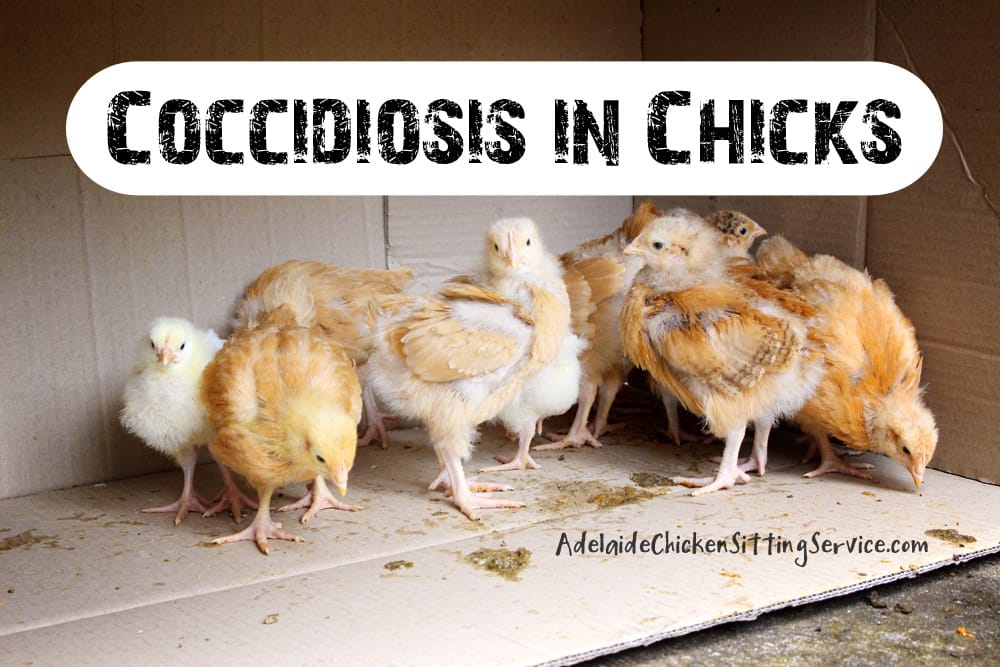
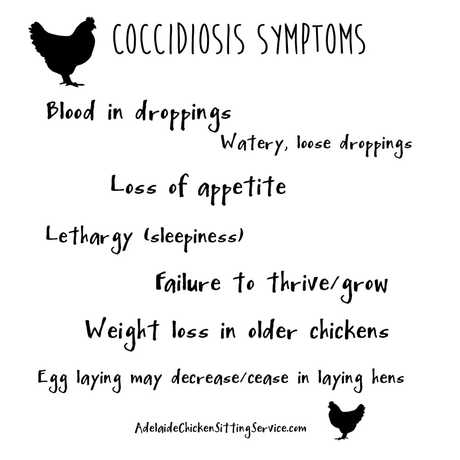
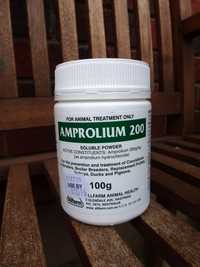
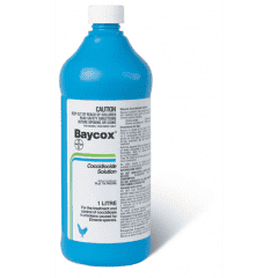
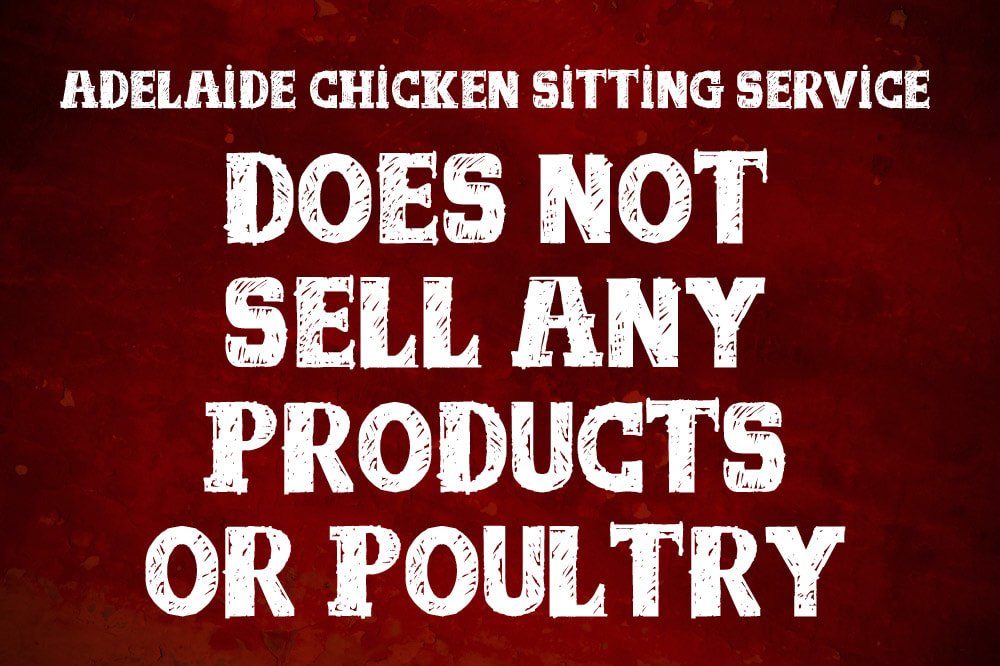

 RSS Feed
RSS Feed